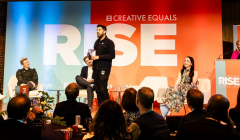
Are we leaving men and boys behind?
At Creative Equal’s RISE event, industry leaders consider how to reframe boys and men in marketing
We live in more transparent times, and now there’s nowhere for CEOs to hide. The customers have arrived with their pitchforks and placards and they’re demanding brands speak up.

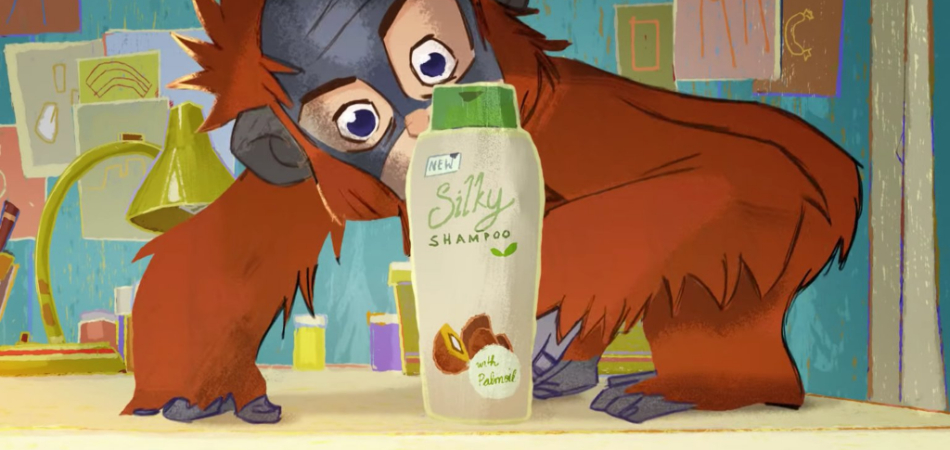
Model/Blogger/DJ/Activist. There’s a new title in the ‘slash career’ and it involves saving the world. This growing trend for activism is being fuelled by an increasingly polarised political climate, sharing personal experiences, whether it be about gun violence or MeToo, and also, in many cases, chasing the social credit that comes from standing up for a cause. Filtered images of exquisitely crafted protest banners seep through our social feeds, changing the conversation on social media and encouraging us add our own voices.
Historically brands have settled into nonpartisan territory, appealing to all sides, and in many cases reaping rewards from the unethical practices we now protest against. But, we live in more transparent times, and now there’s nowhere for CEOs to hide. The customers have arrived with their pitchforks and placards and they’re demanding brands speak up.
But a tale of warning: choose your words wisely. Who could forget Dior’s $710 ‘We Should All Be Feminists’ t-shirt, Lush’s #SpyCops crusade and Kendall Jenner’s attempt to show the world that differences don’t matter when you have a can of Pepsi in your hand.
Patagonia, on the other hand, is a self-aware linguist. The outdoor retailer has supported grass-roots environmental activists for decades. So, when President Trump announced his plan to dramatically reduce the size of two national parks in Utah, Bears Ears and Grand Staircase-Escalante, the voice that boomed back was a defiant one. A series of bold ads proclaimed The President Stole Your Land and Founder and CEO Yvon Chouinard is currently suing the president.
But if you’re not sure what to say, try using your voice to amplify the words of others. Over the past few years, particularly at Christmas, it’s become popular for brands to support a charity with their big TV campaigns. Research shows that 88% of consumers say they are more likely to buy from a company that supports and engages in activities to improve society, showing that being good to people and the planet is good for business too.
Like the launch of a blockbuster film, there’s a heightened energy around Christmas ads. They are teased, premiered in the break of X Factor and written about on countless blogs. The usual suspects hit the heartstrings with reworked classic tunes, eccentric Christmas scenes and charity tie ups.
But we did not expect to see an orangutan. Rang-tan is Iceland’s Christmas ad, a re-worked version of a Greenpeace ad released earlier in the year. In-fact, it’s the same film with an added Iceland end shot.
The animation, voiced by Emma Thompson, tells the story of an orangutan swinging around a small girls bedroom. When the girl asks the ‘rang-tan’ why he’s here, we’re shown through the animal’s eye the devastating consequences of palm oil.
Iceland recently banned palm oil from all it’s own brand products, hence the tie up. Whilst this might seem like an odd move for a Christmas ad, the subsequent banning by Clearcast for TV has had the frozen food retailer talked about as much as, if not more than, its festive competitors. For a fraction of a big ad budget I imagine.
The partnership has been lucrative for Greenpeace too. Not banned online, the YouTube version has already received twice the views of the original Greenpeace film.
Agency: Mother London, London
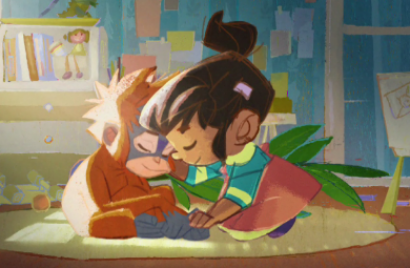
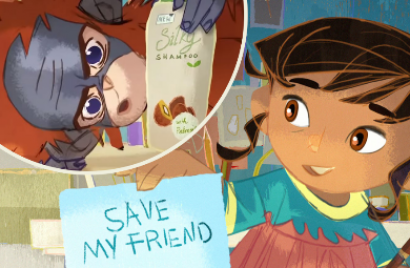
Sweden’s leading grocery chain Coop and Edelman Deportivo have been confronting the problem of food waste at home. Their new fragrance, Old Milk, encourages people to trust their senses over the sell-by date and generally think more sensibly before throwing food out.
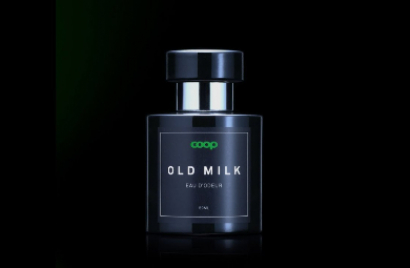
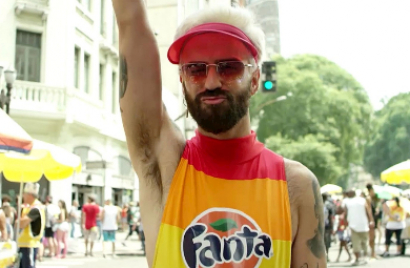
In Brazil, Coca Cola and DAVID The Agency realised that two of its brands, Cola and Fanta, were being used as a homophobic slur. “Essa Coca é Fanta” “That Coke is a Fanta” is used to make fun of the LGBTQ+ community. So, in support of international Pride day, Coca-Cola launched a limited-edition red Coke can with orange Fanta inside, featuring the message “This Coke is a Fanta. So what?” The campaign also meant that search results now delivered images of empowerment and pride, instead of negative homophobic memes.
In France, Supermarket Carrefour and Marcel Paris set out to challenge an absurd EU law that subjects about 97% of fruit and vegetable seeds to agricultural restrictions. The Black Supermarket campaign saw the French retailer selling 10 species of fruit and vegetables grown from ‘unofficial seeds’. This helped to highlight the problem whilst giving shoppers another reason to choose Carrefour over competitors. And following an online petition, a new law around organic food regulation was accepted by the European Union.
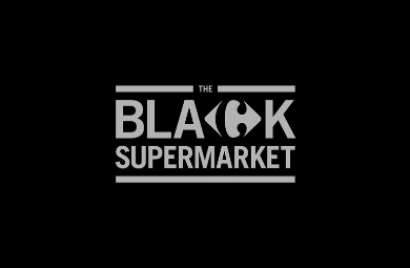
Looks like you need to create a Creativebrief account to perform this action.
Create account Sign inLooks like you need to create a Creativebrief account to perform this action.
Create account Sign in